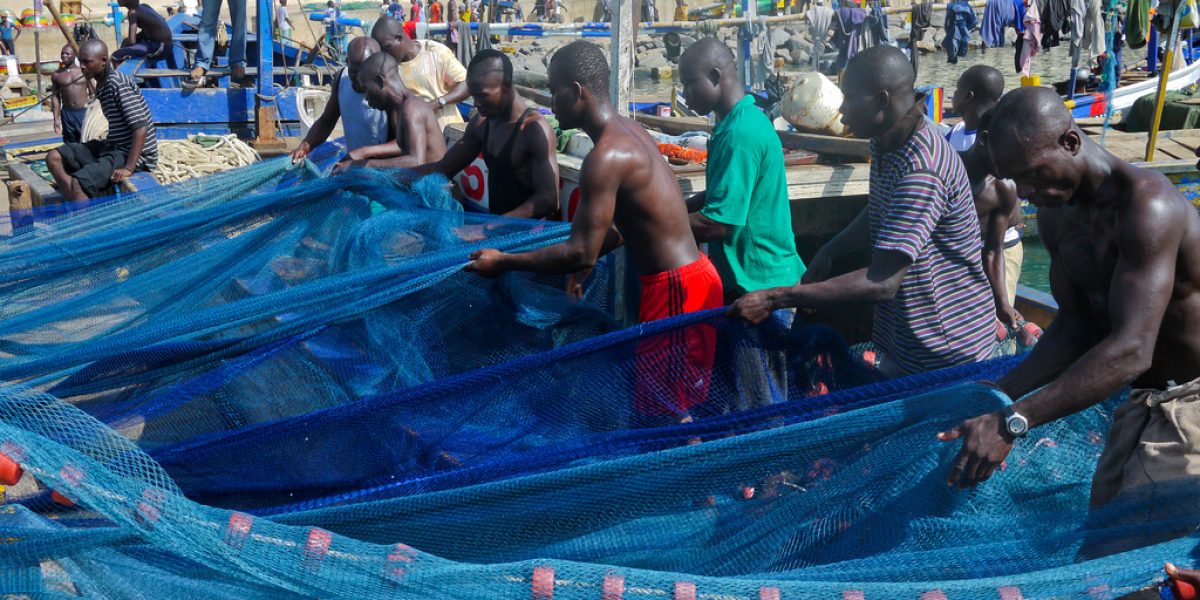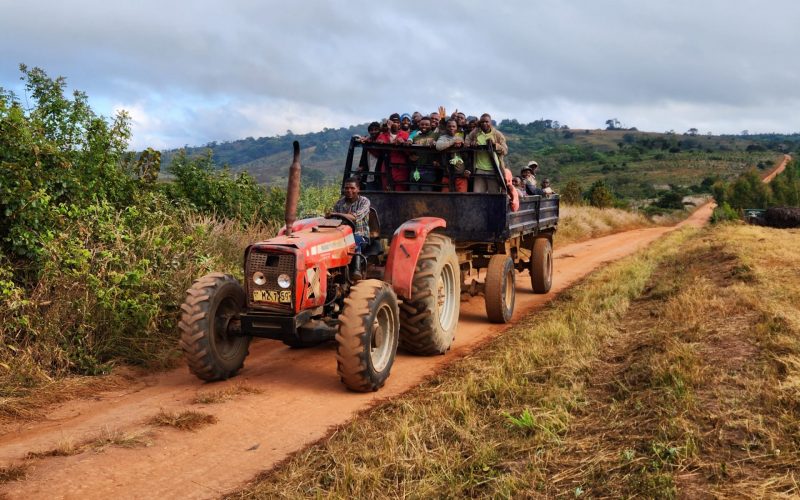Undoubtedly, the threats are significant: illegal fishing and overfishing by foreign industrial vessels, as well as intense fishing pressure in the small-scale sector, have decreased stocks substantially in many coastal and inland waters. Climate change, pollution and other human impacts on the environment are also affecting ecosystem health. Fishing communities continue to be marked by poverty and underdevelopment, while resources for monitoring, surveillance and compliance activities are often wholly inadequate. In many countries there is a significant disjuncture between the regulations and objectives outlined in fisheries policies and the realworld dynamics in industrial and small-scale fisheries, as well as the administration of the sectors.
Despite these challenges, progress is being made on various fronts. In many instances there is now greater awareness of the extent of illegal fishing and stronger political will to act against perpetrators. These efforts are being supported by international and local nongovernmental organisations (NGOs), while investment in patrol vessels and new technologies is further aiding efforts to combat illegal fishing. In the small-scale fisheries sector the need for a participatory governance approach that includes the active involvement of fishers themselves has been recognised, if not always fully embraced.
The Governance of Africa’s Resources Programme has undertaken research on fisheries governance in Tanzania, Angola, Uganda, Mozambique, South Africa and Namibia. This policy note outlines developments in African fisheries governance in recent decades. It identifies central policy dilemmas that will continue to inform the ongoing efforts of governance actors to strike a balance between development, sustainability and transformation in the sector.








